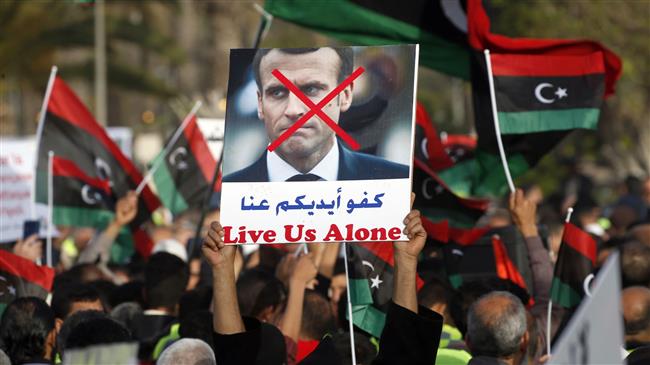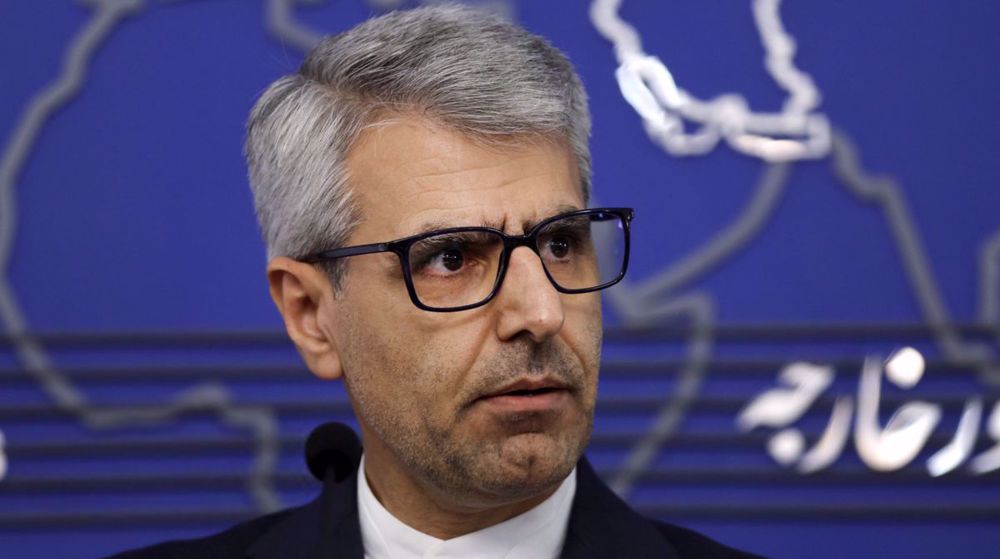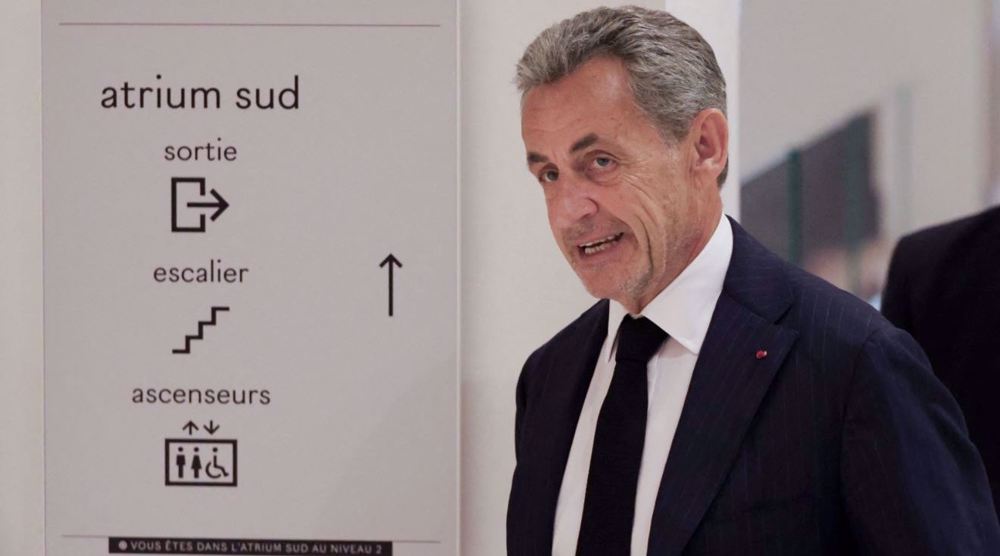Macron invites Libyan rebel commander to France
French President Emmanuel Macron has officially invited the commander of Libya’s rebels to France, despite the fact that rebel militia groups have for months been undermining peace in the North African country.
Rebel commander Khalifa Haftar held a meeting with Christophe Farno, the director of the Middle East and North Africa Department at the French Foreign Ministry, in the eastern city of Benghazi on Wednesday, when Farno conveyed the invitation to the rebel commander.
The invitation came on the same day that Libya’s Prime Minister Fayez al-Sarraj — the head of the Tripoli-based government — called on the international community to ensure that the agreement reached at a conference for Libyan peace last month was respected.
On January 19, leaders from Turkey, Russia, Egypt, France, Italy, Britain, and the United States, as well as Sarraj and Haftar, attended the UN-backed summit in Berlin to help establish a “permanent” ceasefire between the warring sides.
The final communiqué of the day-long summit urged all the parties concerned in the persisting conflict “to redouble their efforts for a sustained suspension of hostilities, de-escalation and a permanent ceasefire.”
Furthermore, the participants of the summit pledged not to interfere in Libya’s internal affairs and its deadly conflict.
France has supported Haftar in the past along with Saudi Arabia, Egypt, and the United Arab Emirates because it is believed to be relying on oil imports from the regions under his control. The Haftar-led rebel groups and militia forces have almost two-thirds of the country and all oilfields under their control.
Paris is also adamant about maintaining its foothold in the African continent, even in the countries that gained independence from France almost six decades ago.
France played the leading role in a military campaign by NATO that led to the ouster of Libya’s former dictator Muammar Gaddafi in 2011 and plunged the country into the current crisis.
Libya has since then been divided between two rival camps, the internationally recognized government in the capital, Tripoli, and a camp based in the eastern city of Tobruk, which is militarily supported by Haftar’s rebels.
Haftar launched a deadly campaign to conquer Tripoli — the seat of the GNA — on April 4 last year. His forces have been bogged down near the capital.
According to the World Health Organization (WHO), the fighting has so far killed at least 264 people and wounded more than 1,200 others. Libyan officials say Haftar’s forces have attacked residential areas as well.
France has also blocked resolutions at the United Nations Security Council, the European Union, and other international organizations opposing Haftar’s offensive.
Jan. 15: ‘Axis of Resistance’ operations against Israeli occupation
VIDEO | US fires: Criticism mounts over govt. failure to respond
VIDEO | Fears, hope in Gaza amid intensified ceasefire efforts
VIDEO | Press TV's news headlines
Hamas: Ceasefire agreement result of steadfastness, resistance in Gaza over 15 months
Hamas thanks Iran, Resistance Front following achievement of ceasefire in Gaza
'Capitulation': Israeli officials and media concede Gaza defeat as truce unfolds
'Gaza has won': Social media users react to ceasefire with mix of relief, joy











 This makes it easy to access the Press TV website
This makes it easy to access the Press TV website